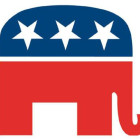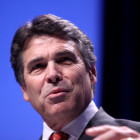
Why Obama Won: The Empathy Factor
|
During this election season, my young daughters posed many questions that were difficult to answer. What’s the difference between Democrats and Republicans? Do politicians tell the truth? How do you decide which candidate to vote for? I tried to give them meaningful answers that didn’t oversimplify the issues at stake, but after a while, I resorted to shorthand. Democrats care about the poor. Republicans care about themselves. All politicians stretch the truth, but some do so more than others.



